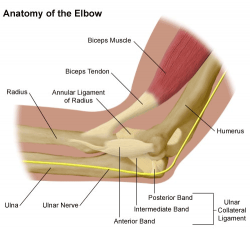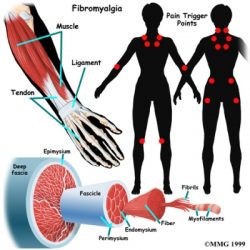It seems as if each new day brings a new scientific study pointing towards the benefits of losing extra . Couple with this the social pressure one feels to lose weight, and it is not hard to understand why there is so much interest in maintaining a healthy .
Health experts generally recommend eating a healthy and balanced diet as the best way to go about losing extra . But what exactly constitutes a healthy diet? An ideal diet for losing should make up be made up of between 45% to 65% carbohydrates, 10% to 35% protein, and 20% to 35% fat.
Carbohydrates in your diet
When carbohydrates are broken down in the body they take on the form of glucose. Glucose sugar is the primary source of energy for every activity the body takes on. Between 45% — 65% of your calories should be derived from carbohydrates.
Virtually all foods contain some amount of carbohydrates, thus the choices available can be staggering. One who wishes to lose should look towards more nutrient rich carbohydrate containing foods such as fruits, vegetables, legumes, and whole grains.
Foods such as colas, fruit drinks, candy, and cookies, which do not contain any significant amount of nutrients should be avoided. These foods are often described as containing empty calories.
Protein in your diet
The proteins play an equally vital role in all the body’s functions. Proteins are the single largest contributor to helping our immune system and hormonal systems function. Additionally, they are the essential building blocks for most of the bodies tissues, such as the skin, muscles, and the internal organs.
As with carbohydrates, proteins are found in nearly all foods. However, not all protein sources are created equal. When attempting to lose weight, one should strive to obtain the majority of his/her protein from foods like fish, poultry, eggs, cheese, nuts, and lean red meat. The government recommended amount of protein one should intake daily is equal to roughly .35 g of protein per pound.
Fat in your diet
It may surprise you to read that the body requires 20% to 35% of its daily calories from fat. There are different types of fat however, and one must be careful to strictly limit the types of food that contain more harming fat varieties. Foods such as processed meats, butter, lard, cream, whole milk dairy products, ice cream, and many processed grain foods contain what is known as saturated fat.
Saturated fat is especially harmful to the body because it can build up in the arteries and contribute to a number of diseases. It is recommended that a mere 10% of your daily calories come from saturated fats. Trans-fats are even more harmful. Generally derived from foods containing hydrogenated oils (be sure to check the ingredient labels at the store) the current recommendation for intake of trans-fats is zero.
To achieve the optimal balance of fat in your diet, include foods such as peanuts, walnuts, all men’s, avocado, canola and olive oil, salmon and other fatty fish, and sunflower oils.
If you are over, changing your diet is perhaps the most important thing you can do to improve your health. Following a few simple guidelines, such as the advice given above, can bring you a long way towards eating right for weight loss.








